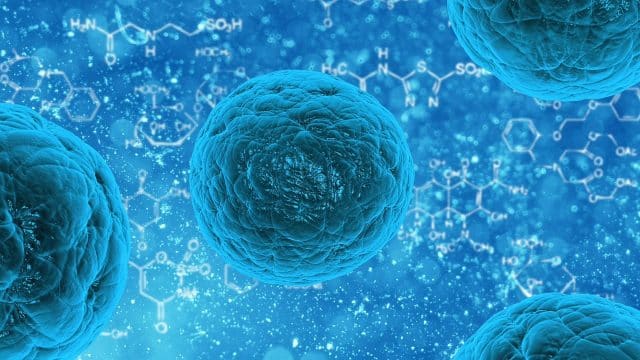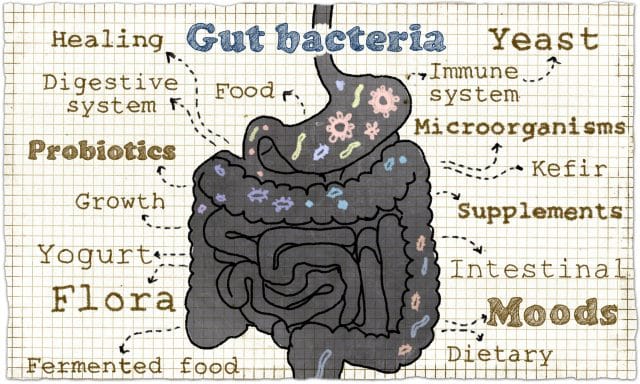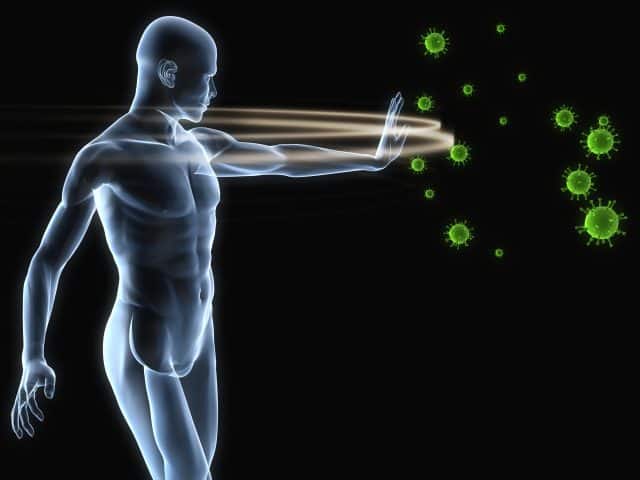Can Apatone Change the Way We Fight Cancer?
Although it sometimes feels like we are fighting a losing battle against cancer, researchers are constantly developing innovative ways to treat the disease. Emerging treatments in the field of immunotherapy have shown great promise in fighting cancers that were previously considered "untreatable." One therapy in particular, called Apatone, has shown great efficacy in destroying cancer cells, and it may...
Is CBD Oil Helpful or Harmful?
There's been a lot of hype lately about CBD, or cannabidiol, oil. You might see it advertised in your local health food stores, spas, and coffee shops, as those places offer to mix it in with your lotions, coffee, or other beverages. So what exactly is CBD and why would you want to include it in your daily life? Cannabidiol (CBD)...
Woman Goes to Mexico to Beat Her Stage-4 Cancer
Amanda D. never thought she'd go to Mexico for medical treatment, but now she can't imagine where she'd be if she hadn't gone. The mother, horse rider, and coach from Georgia was diagnosed with an aggressive bone cancer called chondroblastic osteosarcoma at 34 years old. "I live a pretty healthy lifestyle," Amanda told Valdosta Daily Times. "It's just not something...
Is it Safe to Travel to Mexico for Cancer Treatment?
As cancer research continues to explode, scientists are coming up with new and innovative ways to treat the debilitating disease. Unfortunately, many of those treatments are not yet approved by the FDA for use in the United States. The process of approval takes quite a long time, sometimes up to 10 years, and terminal patients don't have the time...
Immunotherapy Treatment Receives FDA’s Accelerated Approval for Aggressive Breast Cancer
An immunotherapy treatment often used to treat urinary and lung cancers has now been approved by the US Food and Drug Administration (FDA) to treat an aggressive form of breast cancer known as triple-negative. Nearly 15% of all breast cancers are considered triple-negative, and the disease has a high death rate because of its tendency to spread throughout the...
Illinois Fashion Designer Uses Gerson Method to Treat Aggressive Cancer
Amy Johnson of Highland, Illinois thought she was the picture of health. Her friends and family even called her the "healthiest person they knew." That's why it took everyone by surprise when she was diagnosed with an aggressive form of clear-cell carcinoma. She didn't even feel sick. But Johnson says her idea of "health" has changed greatly since her diagnosis,...
Study Confirms the Importance of Nutrition with Immunotherapy Treatment
Immunotherapy has proven to be an effective treatment against several cancers, especially melanoma. Drugs targeting PD-1/PD-L1 and CTLA-4 are the first to ever be FDA-approved to treat cancer, and those who have used the drug have seen promising results. Studies have shown that the 10-year survival rate for melanoma has even increased from 10% to 50% as a result...
How Sleep Affects the Immune System
Getting more – and better quality – sleep makes you feel good and gives you more energy throughout the day. But it does more than that. It also keeps you from catching viruses, developing infections, and even feeding nefarious diseases. It's not just a myth that when you don't sleep enough, you get sick. Recent studies have now backed...
Disease Begins in the Gut: Best Ways to Support the Human Microbiome
Bacteria. Most people associate the word with negative outcomes like viruses and infections. But many don't realize that we actually need certain kinds of healthy bacteria in order to help our immune systems thrive. We all have billions of this bacteria living inside of us – it’s part of what contributes to the human microbiome, an internal community of...
Why Use the Immune System to Fight Cancer?
Last year alone, 9.6 million people died from cancer. Studies show that number increasing by nearly 20% in the next two decades. Although we still don’t have a way to eradicate this deadly disease, scientists have been developing new, innovative methods to treat cancer that are bringing us closer and closer to a cure. One of these methods is called...
































